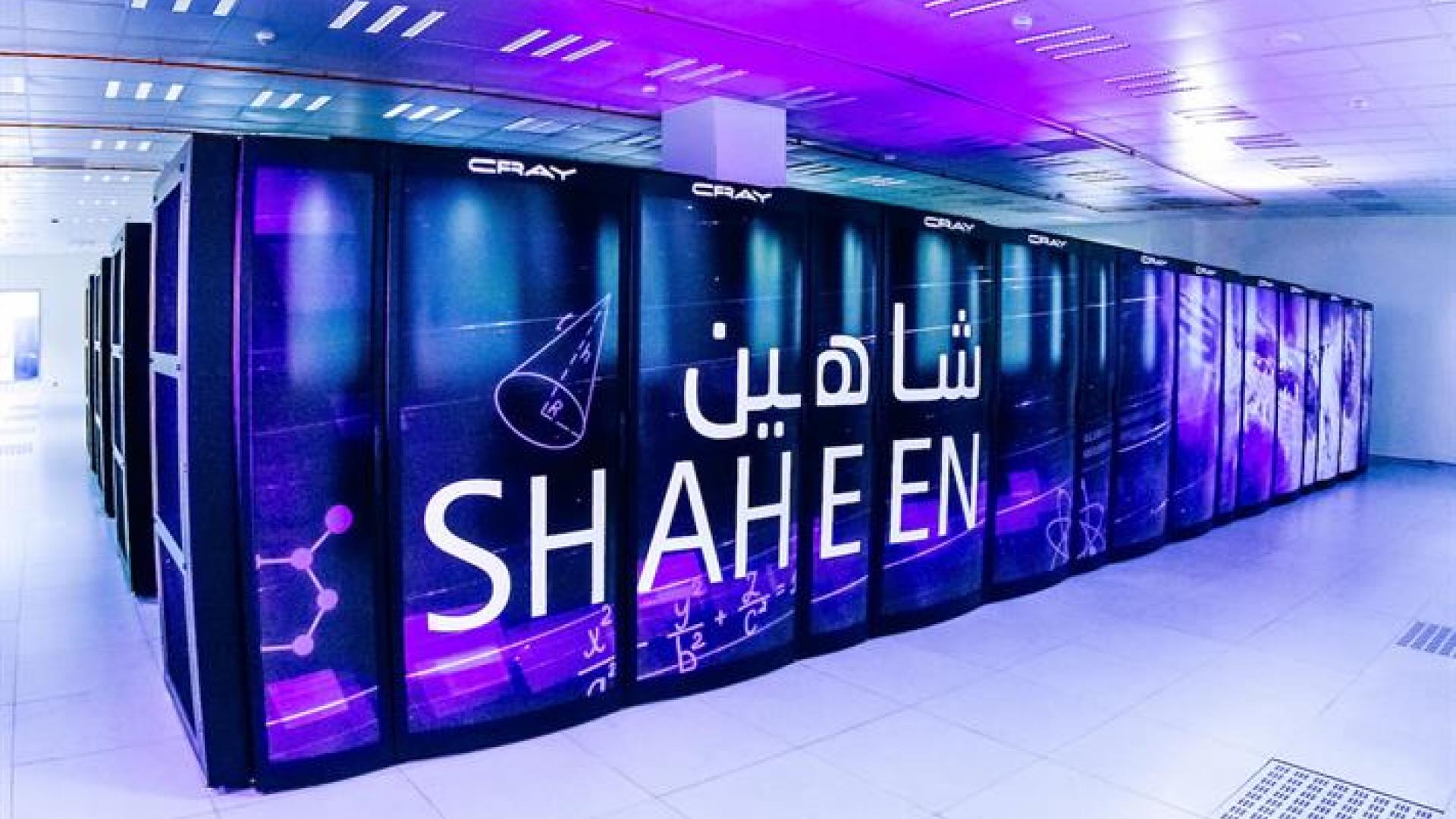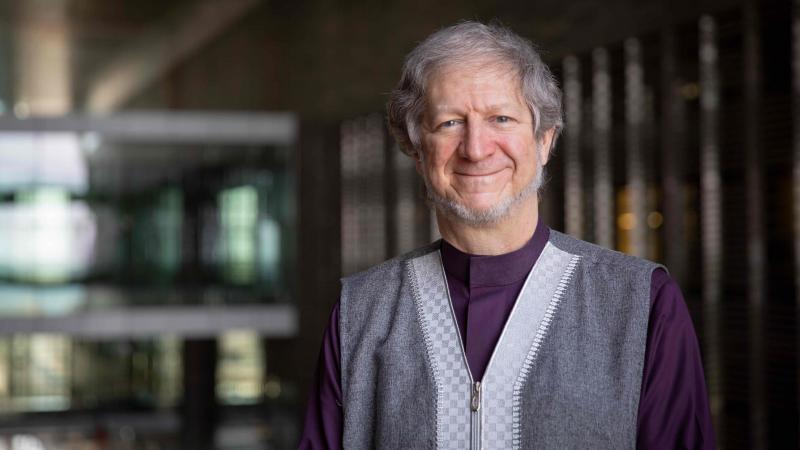A multi-disciplinary team of international researchers from KAUST and Japan's National Institute of Informatics (NII) in collaboration with U.S. supercomputer company Cray Inc. successfully implemented a new algorithm to efficiently harness the computational power of the fastest supercomputers in the world.
"Software integration is ultimately the icing on the cake for advanced computational projects. Thanks to Cray's support, our algorithms are now deployed on all Cray supercomputers, including KAUST's Shaheen II supercomputer, as well as half of the top 10 fastest supercomputers in the world," stated Dalal Sukkari, a Ph.D. student in the University's Extreme Computing Research Center (ECRC).
The tectonic plates of the supercomputing world are shifting, with the scientific computing community at the dawn of the exascale age. Supercomputers will soon be capable of performing 10^18 floating-point operations per second using billions of processing units. This unprecedented rate of execution has motivated researchers to implement new algorithms that can effectively utilize the next generations of hardware to the fullest. The ECRC is working with a theoretical linear algebra expert from the National Institute of Informatics in Tokyo to develop high performance numerical algorithms for the current and next generation of supercomputers.
Working with engineers from Cray, the researchers successfully unified their efforts to integrate new singular value decomposition (SVD) codes into Cray LibSci scientific libraries to support cutting-edge applications in machine learning and data de-noising.
"The current hostile hardware environment—with its deteriorating imbalance between arithmetic capability and memory access—is creating challenges for computational scientists and algorithm designers," said David Keyes, ECRC director.
Read the full article

